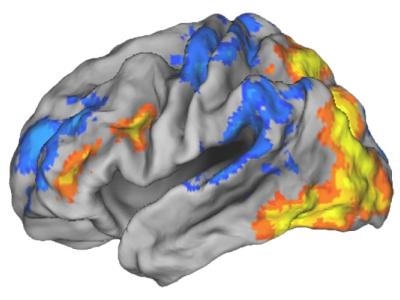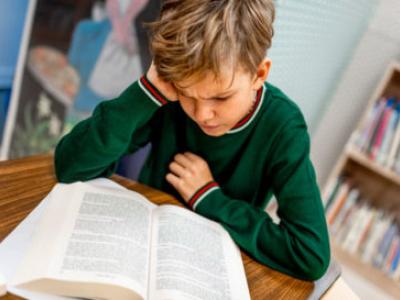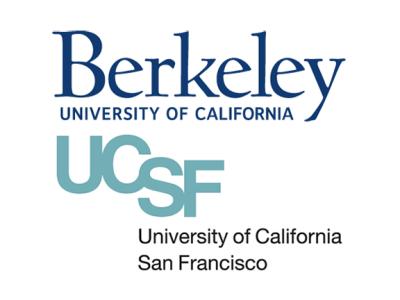For news articles that feature collaboration between UCB and UCSF
UC Berkeley, UCSF Announce Joint Study of COVID-19 Antibody Test Kits
Weill Neurohub will fuel race to find new treatments for brain disease
UC Berkeley, UCSF to tackle dyslexia with $20 million gift
UCSF, UC Berkeley Scientists Join Forces in New Glenn Center for Aging Research
Researchers at UC San Francisco and UC Berkeley have teamed up to create an innovative, integrated center for research on neurodegenerative diseases. Supported by a $3 million grant from the Glenn Foundation for Medical Research, the new center aims to pave the way to developing novel treatments for diseases such as Alzheimer’s disease and Parkinson’s disease.
UC Berkeley, UCSF join forces to advance frontier of brain repair
Researchers at UC Berkeley and UCSF have launched the joint Center for Neural Engineering and Prostheses to develop technology that can translate brain signals into movements controlling prosthetic limbs, circumventing damaged or missing neural circuits in people suffering from disabling conditions.
Grove gift launches translational medicine program at UCSF, UC Berkeley
A gift from former Intel Corp. exec Andy Grove has helped UCSF and UC Berkeley jointly launch a new program that will speed the translation of cutting-edge medicine into patient care advances.




